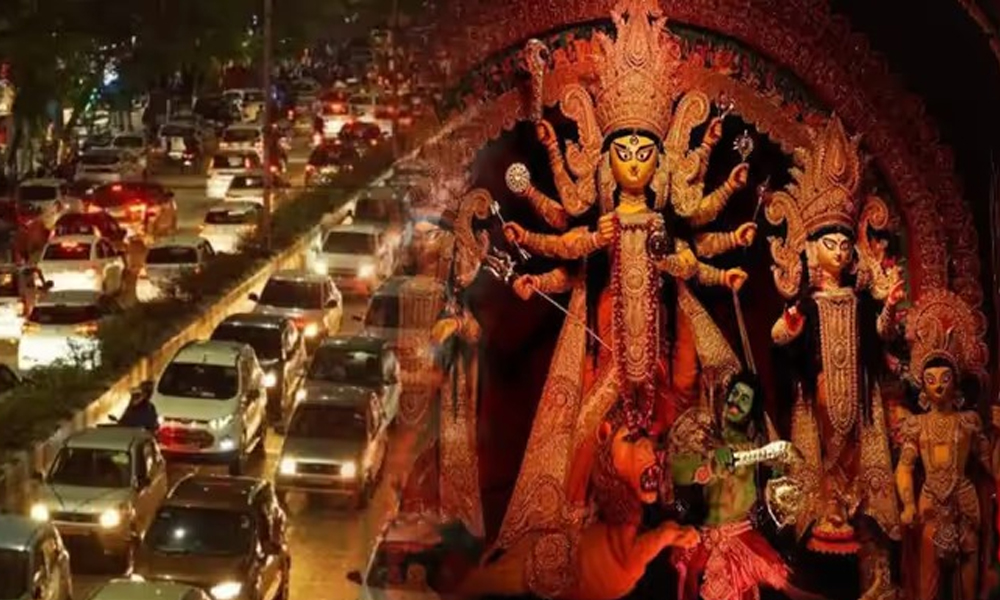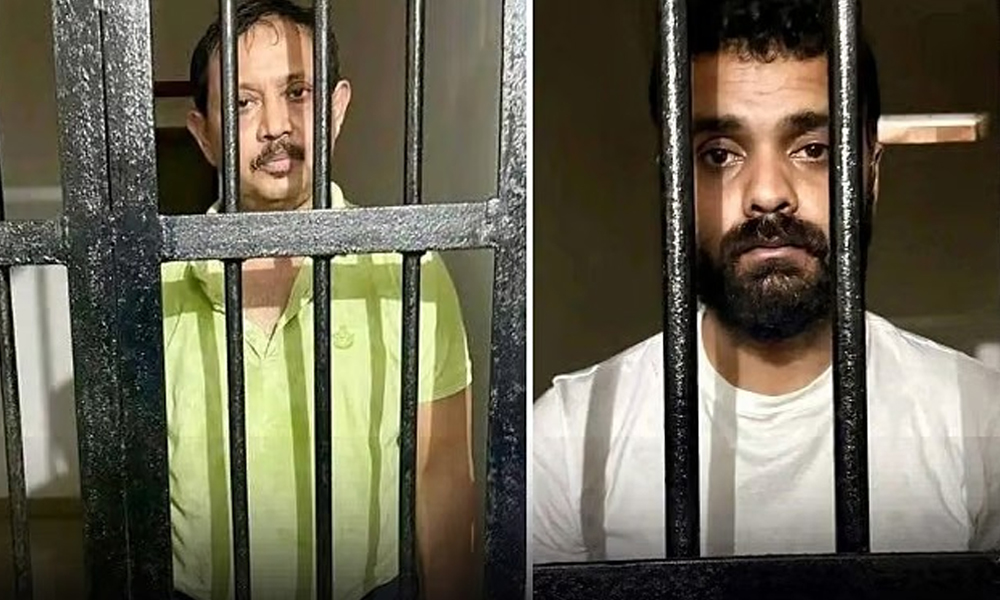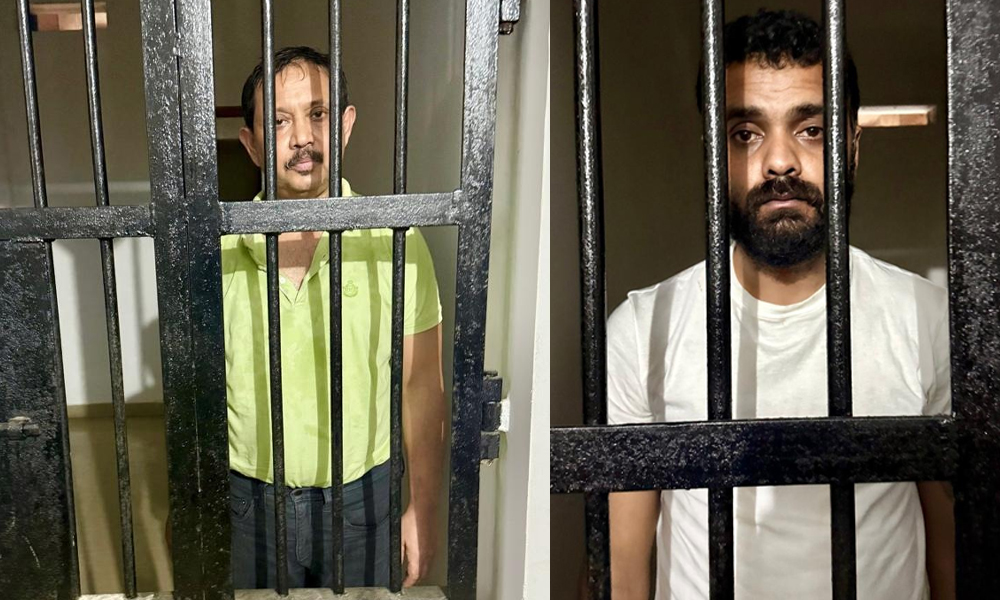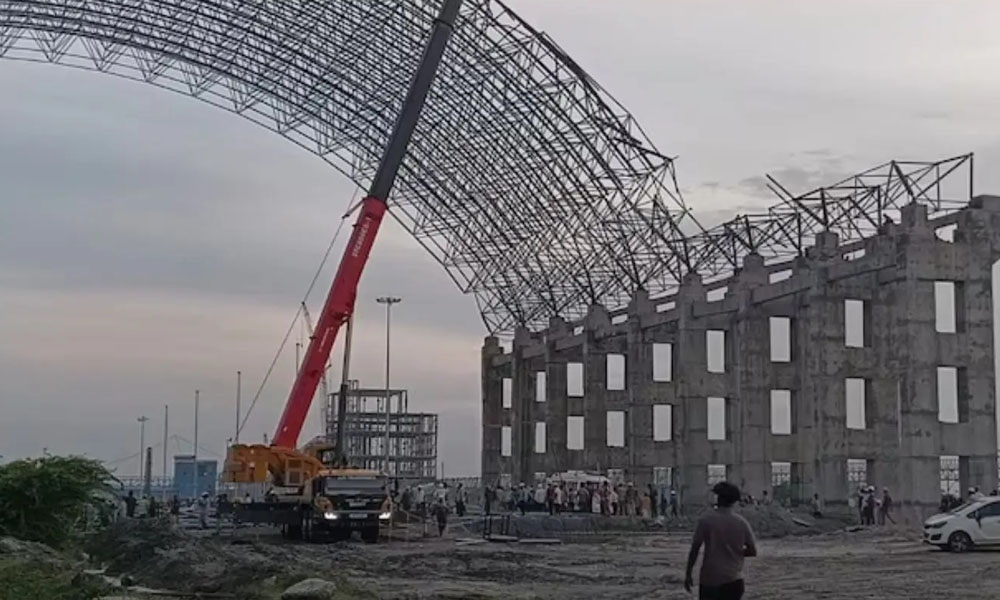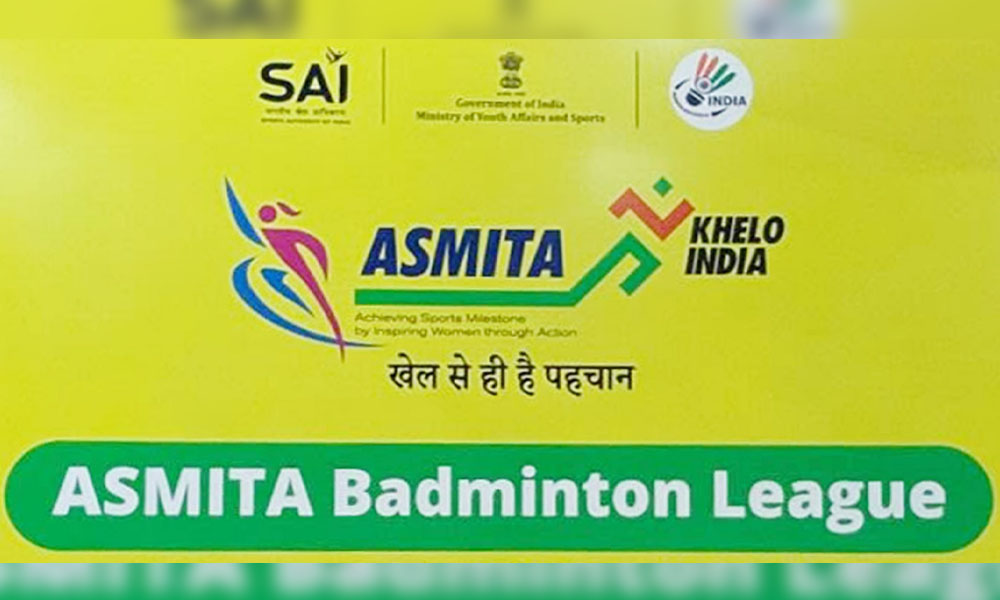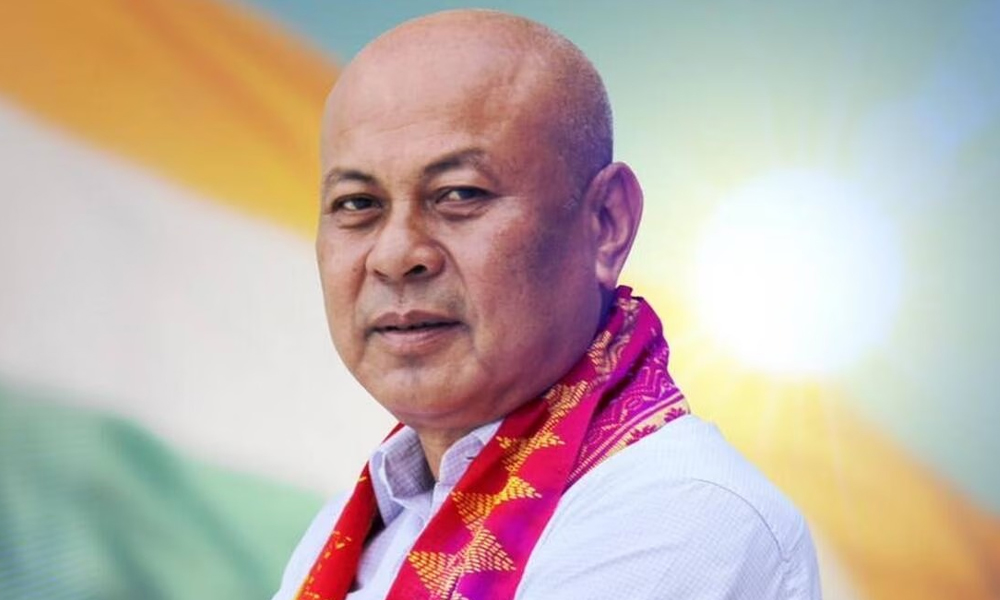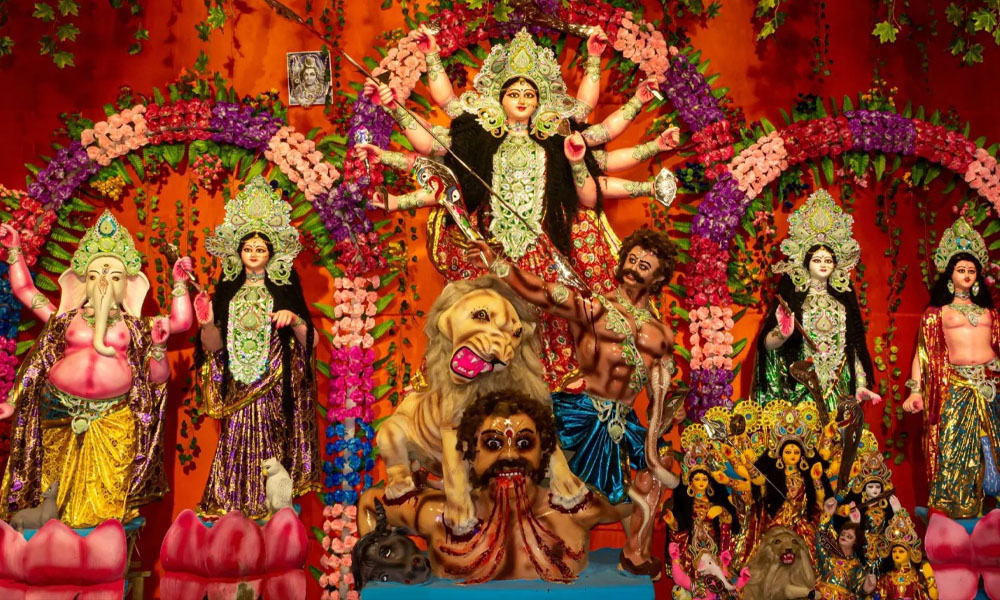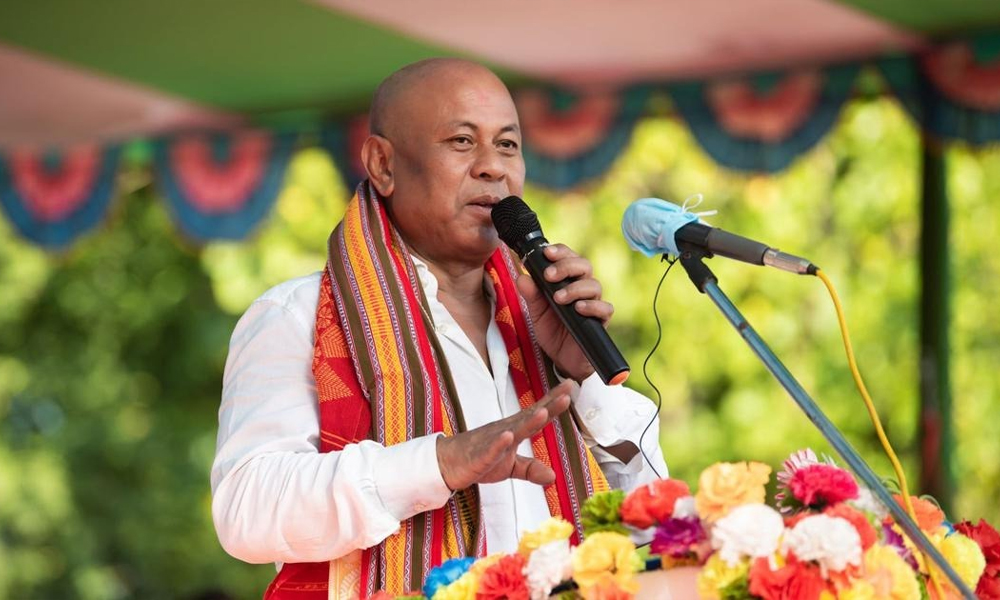With his play "Sunit Kuwari," written when he was in his teens, Jyotiprasad Agarwala establishes himself as a dramatist. This trend-setting Assamese drama deviates significantly from previous stage directions, settings, and music. He was a natural poet, and the poet in Jyotiprasad inspired him to write "Sunit Kuwari," a poetic play. Sunit Kuwari, Karengar Ligiri, Rupalim, Labhita, Khanikar, Nimati kaina, and Son Pakhili are some of his notable plays.
Digital Desk: Jyotiprasad
Agarwala, commonly known as 'Rupkonwar,' was a multi-talented genius who helped
Assamese drama achieves originality, dynamism, and modernism. Agarwala, who was
born on June 17, 1903, was also a freedom warrior who gave modern Assamese
musicology a new depth. He was an active satyagrahi who used several
organisational programmes to propagate the concept of freedom and the spirit of
nonviolence. During the volatile days of the independence movement, he composed
a lot of patriotic songs to motivate the people of Assam. Jyoti Sangeet is the
genre of music he created. He is known as the "Father of Assamese
Cinema."His sense of patriotism, loyalty to his country and his spirit of
service to humanity can be best judged from his poems, stories and songs.
With his play "Sunit Kuwari," written when he was in his teens,
Jyotiprasad Agarwala establishes himself as a dramatist. This trend-setting
Assamese drama deviates significantly from previous stage directions, settings,
and music. He was a natural poet, and the poet in Jyotiprasad inspired him to
write "Sunit Kuwari," a poetic play. Sunit Kuwari, Karengar Ligiri,
Rupalim, Labhita, Khanikar, Nimati kaina, and Son Pakhili are some of his
notable plays.
Jyoti Prasad Agarwala
was born into a family that blended into Assamese society's vast canvas. In
search of a better life, his great grandfather travelled from Rajasthan to
Assam. Assam has a rich tradition of classically oriented traditional music
during the time. The great saints and lyricists Shankardeva and Madhabdeva had
already created a firm foundation for the emerging Bhakti-cult with their
devotional Natgeets and Borgeets. Pramananda Agarwala, Jyotiprasad's father,
tried his hardest to inject modernism into the rich texture of traditional
Assamese folk music. Young Jyotiprashad was inspired to include folk music in
his play Sonit Kuwari. In this aspect, his mother Kironmoyee Agarwala's
motivation is equally noteworthy.He also learnt from his mother who herself was
a fine singer of devotional songs, that to love mankind was the essence of
religion.
His upbringing was largely influenced by the
atmosphere in which he grew up. His time at Edinburgh University in England
helped him to interact with people from all around the world. His vast reading,
essential experience, fresh ideas, and ideals all help to broaden his mental
horizons by generating a more spirited perspective. His uncle Chandrakumar
Agarwala's vision of "beautiful" merged with his sense of culture,
and he began to yearn for the overall upliftment of the populace. "I
am an artist; I take the path of light," he writes in his poem "The
Artist's Journey into Light," which displays his contemplative mentality.
Continually thinking on the lovely I offer excitement to new activities and
blaze a new light in every house with my multifaceted beauty. I walk from the
Luit to the sea in search of pearls. (p26) Jyotiprasad developed as a wonderful
product of his time's persistent attitude, which was hell-bent on stimulating
and leading the masses through music and beautiful speeches.
Jyotiprasad Agarwala established himself as a trailblazer in modern Assamese
drama, giving diversity and colour to the genre. Through Jyotiprasad, who
integrated such aspects extremely craftily to achieve an originality of its own
as a work of art, the Assamese people were able to enjoy the brilliant beauty
and unusual artistry of the western dramatic elements for the first time. He is
credited with inventing modern theatrical style and is thought to be the first
Assamese playwright to grasp T.G.Williams' definition of drama. He has the kind
of imagination that allowed him to create an entirely new circumstance or
persona. In his plays, he skillfully portrays the diversity of human characters
in all of their facets. He revolutionised Assamese stagecraft by expertly directing
stage lighting, make-up, and other directional activities as a stage artist.
His characterization ability is unrivalled. Sunit Kuwari's Chitralekha is
a stunning creation that is nothing more than a notion that can be seen through
imaginative idealistic eyes. Jyotiprasad's dramatic art is characterised by a
strong sense of contrast.
On the
17th of January 1951, Rupkonwar died of cancer at his home in Poki, Tezpur,
Assam, India.
On the 119th anniversary of
his birth, we honour the Great Son of Assam and present this video in loving
memory of the lost treasure that Assam will always cherish.


